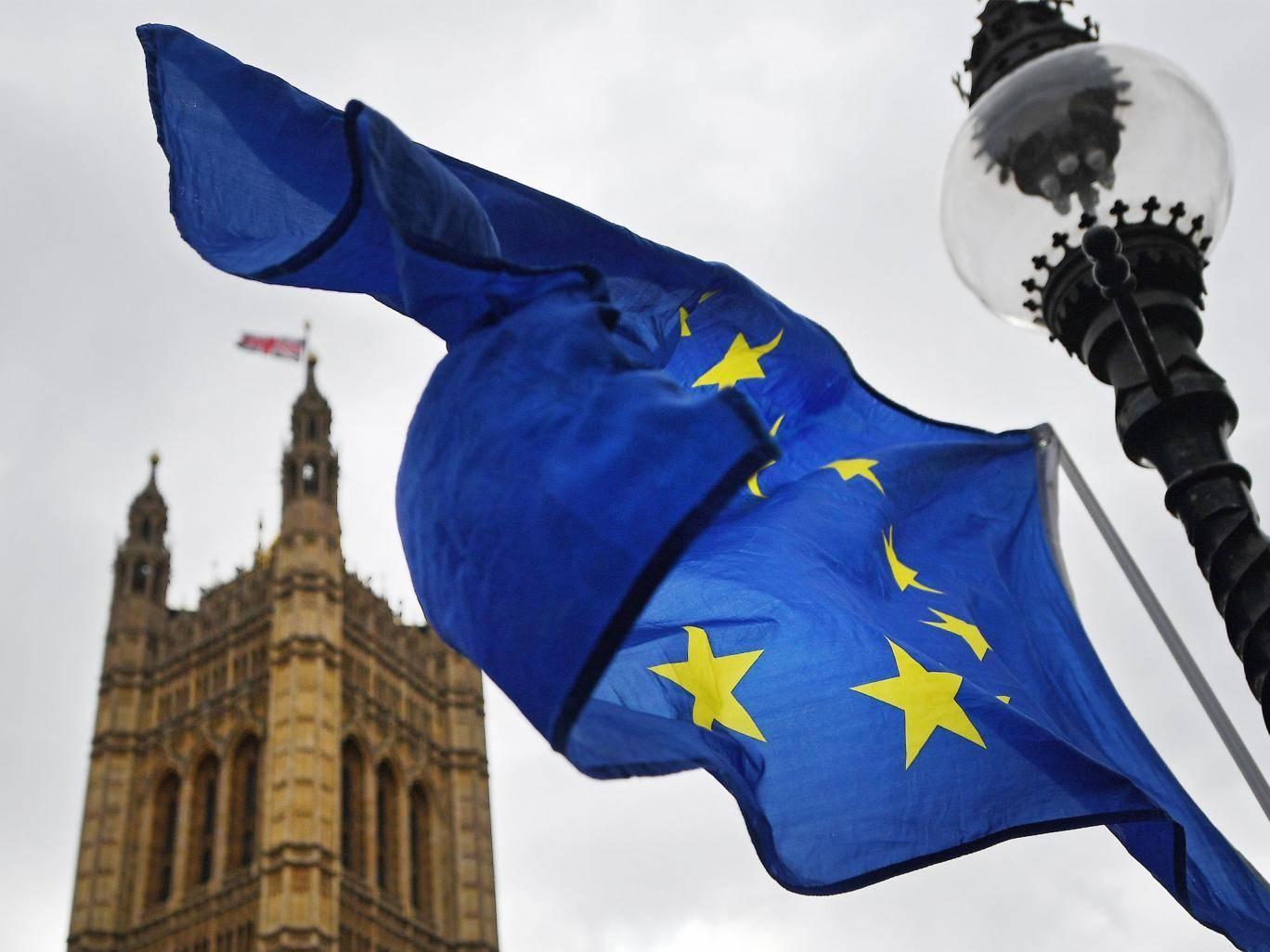As an MP this is what it will be like debating the EU Withdrawal Bill
Brexit proves too tempting a topic for MPs to show the quiet, collegiate, understated side of themselves. Expect cries of cliff-edge, Henry VIII powers, will of the people, economic collapse and opportunity

Those of you who are already bored to tears with the protracted process by which the UK leaves the EU, look away now.
Those of you who are addicted to each twist and turn of our negotiations with the EU27, who are obsessed with the arguments between and within political parties, who are left breathless by the process of repatriating laws and powers from Brussels to Westminster, you are in for a treat. Brexit is about to get detailed. Very detailed.
Over the next four weeks the House of Commons will work through the Committee Stage of the European Union Withdrawal Bill. The Committee Stage of a bill is usually a fairly dull affair. A couple of dozen MPs, divided in proportion to their party's representation in the Commons, sit in a committee room and work through proposed amendments to a bill. Sometimes those amendments are political in nature, often they are technical.
No such gentle anonymity for the EU Withdrawal Bill. Rather than a small and intimate gathering of MPs up on the committee room corridor this bill will be heard by the whole House of Commons, in the full view and scrutiny of the public in the main chamber. The Government can put forward amendments to the bill at this stage, but so can any backbencher or opposition MP, and many have. At the time of writing over 300 amendments have been tabled to the original 66 page bill. While not all of these amendments will be debated or voted on there is still plenty for parliamentarians to get their teeth into.
Some of the amendments are only a few words long, some run into many paragraphs, some are designed to increase clarity and certainty, some are clearly designed to derail the whole Brexit process. The challenge for parliamentarians, and those close observers of our processes, is to work out which amendments seek to do what, as it isn’t always clear.
The meaning, and the hidden meaning, behind these amendments will be the topic of debate in the House of Commons for a total of eight days, two days in each of the next four weeks. This will give both the pro-Brexit and anti-Brexit voices plenty of time to argue their points and deploy their desired level of hyperbole and grandstanding, and be in no doubt there will be plenty from both sides of the debate. The unfortunate byproduct of a bill this contentious being debated on the floor of the house is that the chances of coming to cross party agreement is massively reduced.
Constituents often ask me why MPs can’t work more collaboratively, less confrontationally. The truth is that we often do, in the work of all party parliamentary groups (APPGs), in bill committees and in select committees. The common theme is that this work is usually done behind the scenes, or at least with less public attention than the work that we do in the chamber of the Commons.
MPs are, therefore, the complete opposite of the naughty children that we are so often compared to. In my experience children tend to be on their best behaviour when they are being watched, conscious of the critical observer they don’t say or do anything that would get them in trouble. Their behaviour takes a turn for the worse when their parents, guardians or teachers look away. If only the same could be said for MPs. We are generally at our best when no one is looking and at our worst when the cameras are on. Prime Minister’s Questions is the highest profile parliamentary event of the week and therefore the rowdiest.
Brexit proves too tempting a topic for MPs to show the quiet, collegiate, understated side of themselves. Expect cries of cliff-edge, Henry VIII powers, will of the people, economic collapse and opportunity. There will be lots of points of disagreement, many shouts of condemnation, and lots of votes. Dozens of votes. Many of these will be on things which make no sense at all to the world outside Westminster and only a little bit more sense to those of us here.
A successful outcome to our Brexit negotiations won’t be a high octane event, compromises will be made on both sides, neither the UK nor the EU will be seen as having “won” but neither will be seen as having “lost” either. When it comes to Brexit, dull is good. The next month of EU Withdrawal Bill debate could do with being dull too, if we all focus on making sure the bill does what it needs to do, no more – no less, it will be better for us all but also far less exciting.
James Cleverly is Member of Parliament for Braintree
Join our commenting forum
Join thought-provoking conversations, follow other Independent readers and see their replies
Comments
Bookmark popover
Removed from bookmarks